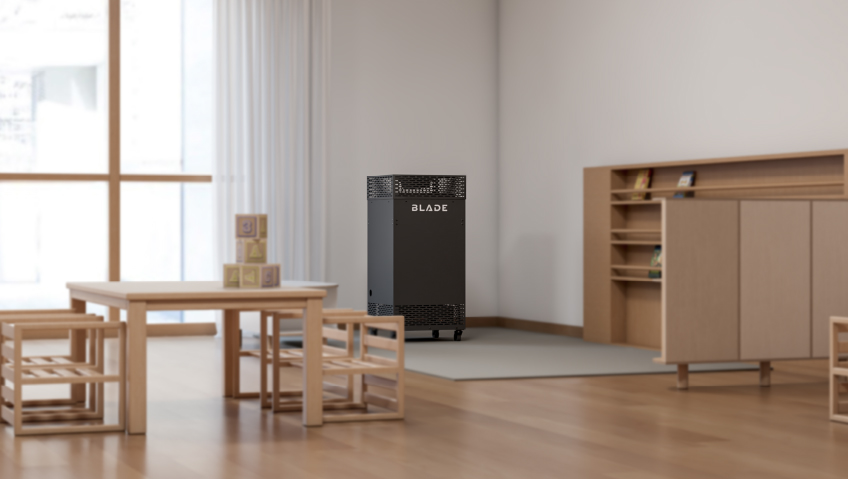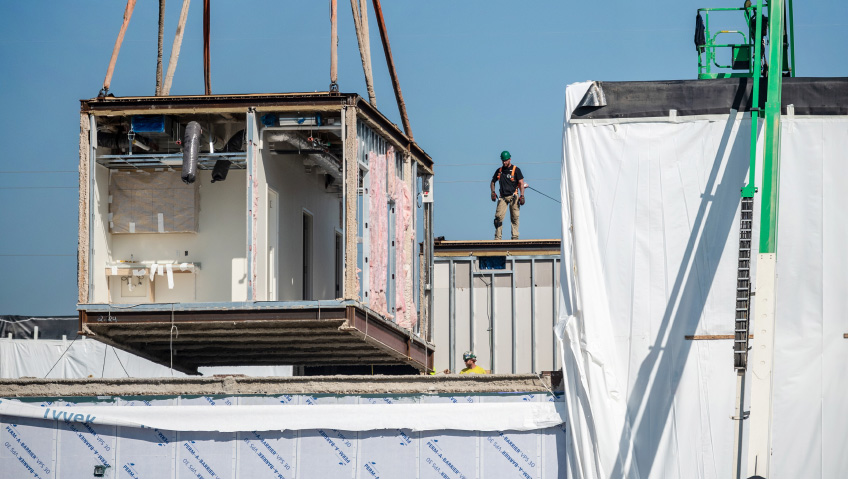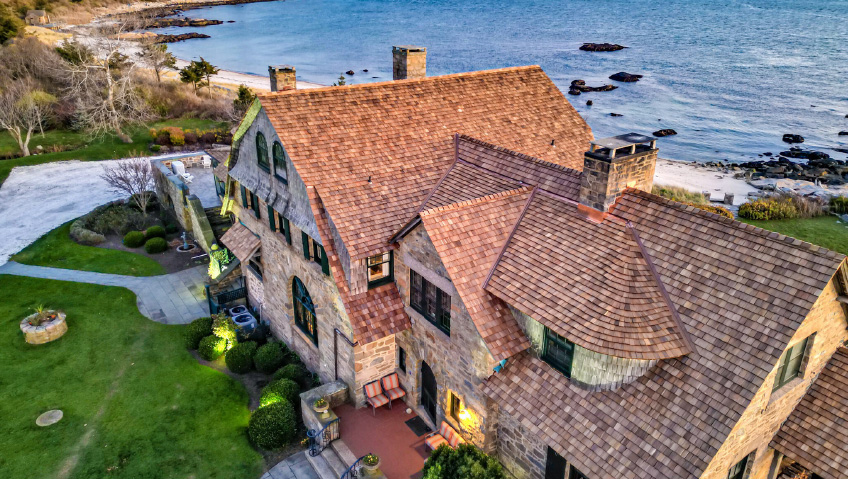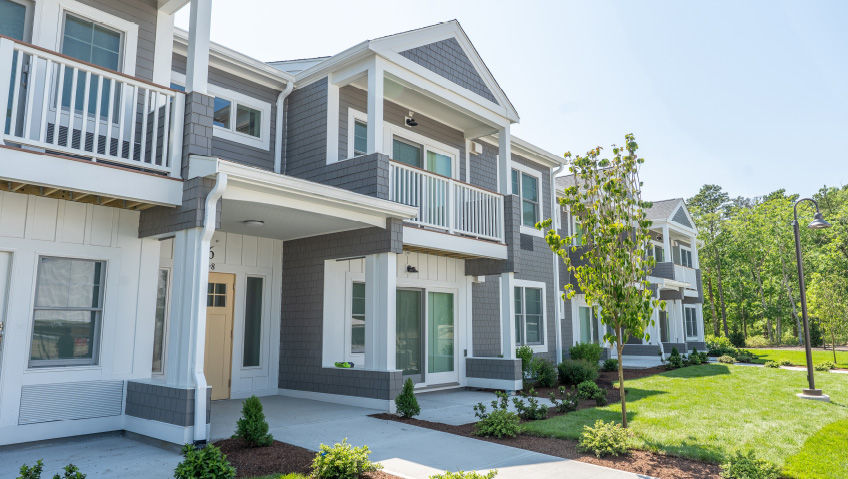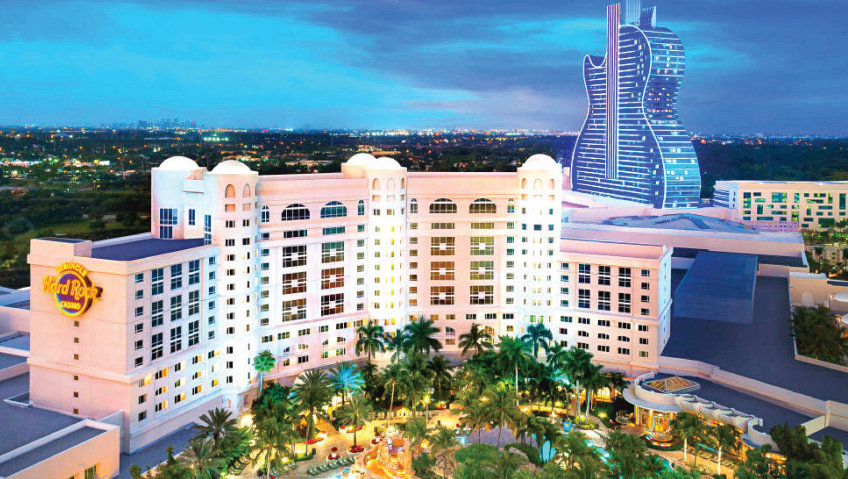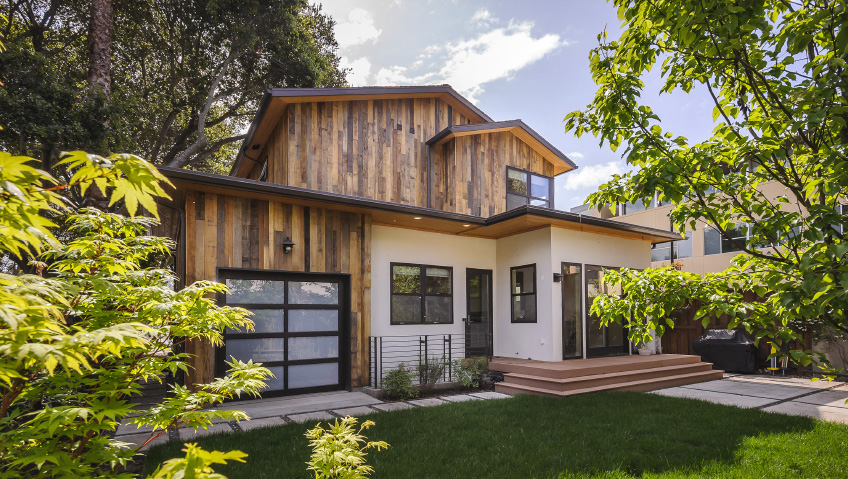Look around your workplace and consider what most affects your comfort and productivity—lighting, temperature, noise, and maybe a great spot nearby to grab lunch. But, when you think about a building’s overall environment, indoor air quality is incredibly important and awareness of this is growing fast.
For better or worse, we spend up to 90 percent of our time indoors. And the air quality in our work and living spaces directly impacts our well-being, a lesson learned in the pandemic. In fact, a Harvard study in the International Journal of Indoor Environment and Health found that about 35 percent of all sick days are associated with poor indoor air quality.
“It’s fascinating to see how [this] transition is happening. Before the pandemic no one was talking about indoor air quality with the same fervor that they are now,” says Aedan Fida, CEO of Blade Air in Toronto, a young, entrepreneurial company that is disrupting the air purification industry. “The desire for better indoor air quality is the key takeaway that people and building managers have as a result of the pandemic.”
Blade Air launched in 2017, and has introduced state-of-the-art, sustainable purification systems to public buildings across Canada and has improved the quality of the indoor air that many thousands of people have breathed.
Indeed, it’s amazing what a side hobby in university can spark. Joe Fida, Aedan’s brother, dealt with the stress of his engineering program by growing exotic fruit, a formidable challenge in Canada’s cold climate. So, he designed an enclosed indoor system for his growing plants.
Things worked well until he came across an inefficiency with carbon filters. They were big, heavy, and had to be replaced every couple of months, which was not easy. Joe, a natural problem-solver, decided to focus on improving efficiencies with the filter and reducing waste.
He presented the concept of a replaceable carbon filter and it resonated with Aedan, a business student at York University who originally planned to study law and have his own firm one day. But this was a big idea that also inspired his good friend and fellow business student Giancarlo Sessa.
As Aedan recalls, “The product itself didn’t necessarily matter; what mattered was the ethos of the company. We wanted to drive significant change and focus on sustainability. And when Joe brought this idea forward to us, it ticked all those boxes and we were like, ‘all right, guess we’re doing this.’” From there, they were able to get the business up and running, raising almost $500,000 while still in university between grants and strategic investors.
All this ingenuity landed the founding trio, Aedan Fida, Joe Fida, and Giancarlo Sessa on Forbes’ 30 under 30 list in 2022. And in 2023, The Globe and Mail named Blade Air the fifth-fastest-growing company in Canada.
How does it all work? Blade Air uses a suite of technologies to address clients’ needs, helping them address their indoor air quality needs while lowering their operational, logistical, and energy spend. Its main product is the Pro Filter, an electromagnetic filter that replaces existing pleated HVAC filters. While pleated filters have been the dominant filter in use for decades, as the need for improved air quality increases, the technology from the past is no longer able to address the needs of today’s buildings and Blade Air’s Pro Filters provide an added efficiency advantage unparalleled in the market. Additionally, the air quality systems from Blade Air use limited power and last longer than standard pleated filters on the market, spelling huge sustainability and cost-saving wins for customers.
One of the company’s more prominent projects was for the Distillery District in Toronto, which is a collection of historic warehouses dating back to the early 1800s, once used for whiskey production but now home to trendy shops, restaurants, residences, and offices. In 2021, the District’s management was looking to improve the indoor air quality of the buildings. Blade Air worked out a long-term installation that would help deliver better air quality while also addressing sustainability needs.
Previously, the Distillery District system was not getting the desired IAQ results they were looking for, and it quickly became apparent that Blade Air’s Pro Filters, which capture micro particulates that standard filters allow through, were a great solution. Not only could the filter outperform a HEPA filter in the viral range, but it also had a zero retrofitting cost and is applicable for use across asset age or usage. In making this change, the team was able to lower the pressure on the system while improving indoor air quality.
From there, they tested the system in the buildings to see the difference, going to a third-party lab to take live culture samples. The results showed Blade Air was able to maintain the system airflow and improve the air quality by two-and-a-quarter times while reducing energy consumption by 70 percent. It is this benefit of also reducing energy consumption and emissions that is at the forefront of Blade Air’s solutions.
“When we think about sustainability, we think about it in two ways,” Fida explains. “There’s the impact that we have on greenhouse gas emissions: reducing the amount of waste, reducing electricity consumption in some cases, and reducing the amount of natural gas required to heat and cool a space, as well as the materials that we’re using to build our units.”
Second, he says, is the question of diverting or recycling waste to make the products sustainable, which goes back to the firm’s founding goal of creating healthier spaces for people. “We want to give them the best opportunity to have those Breathable Moments™ and not be worried about anything else that’s going on in the air.”
Sustainability is also on the minds of many company executives. And certainly, there is greater scrutiny now on how companies operate and the steps they’re taking to reduce their carbon footprint, including in their building facilities. As an example, Blade Air is presently working with a number of large organizations to outfit their office and retail locations, working with their sustainability teams to help them achieve their corporate goals.
“They view sustainability very similarly to how we view it, where it’s about the people as well as the planet,” Fida says. “So, they’re looking for a way to create a better working environment for their employees where they can enjoy the benefits of enhanced indoor air quality while also helping them work toward achieving the carbon-neutral goals that they’ve set for themselves.”
During the pilot phases of one specific project, the customer realized that the Blade Air product alone was achieving nearly 90 percent of the annual target for energy savings with the filters in place. Now the goal is to outfit all the company’s locations across Canada.
“We just focus on showing clients that we can repeat the same result time and time again and let the product speak for itself,” says Fida. “We are adamant believers in having our product validated through third-party field testing, and we understand that the clients are expecting results for their tens of thousands of people or employees who are going be in these spaces. We need to live up to the expectations that we’re setting.”
Overcoming the odds against moving from start-up to success takes a lot of work and in-the-moment learning. Fida credits the team of people he works with as integral to the company’s growth and performance—and to everyone enjoying the ride.
“I think the biggest takeaway that I’ve had as an entrepreneur is that it’s not about you. It’s not about your business partners. It’s ultimately about the team that you build and the collective goal that you work toward,” he says. “We’re just incredibly fortunate to have found them all and we’re doing our best to show our appreciation of them every day. I think one of the best pieces of advice I ever got from a mentor was that, ‘It’s not how, it’s who.’”
What does the future look like for Blade Air and the air filtration industry? The company is doubling down on what has worked and what will illuminate the path forward. The team has a North American supply chain; it is using as much recyclable material as possible to build a truly green product; and it is focusing on that triple bottom line of people, planet, profit, and driving real change.
Blade Air, starting with just three people, has expanded to about 30 part-time and full-time employees and has just completed a second acquisition to support a move into the residential market. All this shows the confidence of the team and the opportunities in the market, with an eye on expanding into the U.S.
The air filtration and purification industry has been around for a long time, and many of the biggest players in the market have been there for 50 to 100 years. However, new technologies that Blade Air and others are commercializing are beginning to disrupt the space and change how air filters are designed and incorporated into buildings.
As Fida sees it: “We aren’t looking at revenue numbers, we aren’t looking at dollar figures; we’re looking at our ability to drive impact and change, and we genuinely believe that we can change the world. Our technology can move toward the carbon-neutral goals that have been set in a very meaningful and impactful way,” he emphasizes.
“Today, when you look at the Global Cooling Pledge for COP 28’s (2023’s UN Climate Change conference) announcement of a cooling reduction of 68 percent by 2050, we’re able to deliver up to a third of that target right now. You don’t have to wait another 26 years. We can drive a third of that change right now.”

